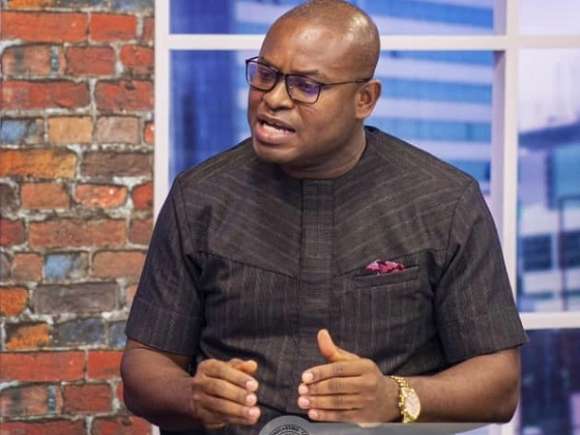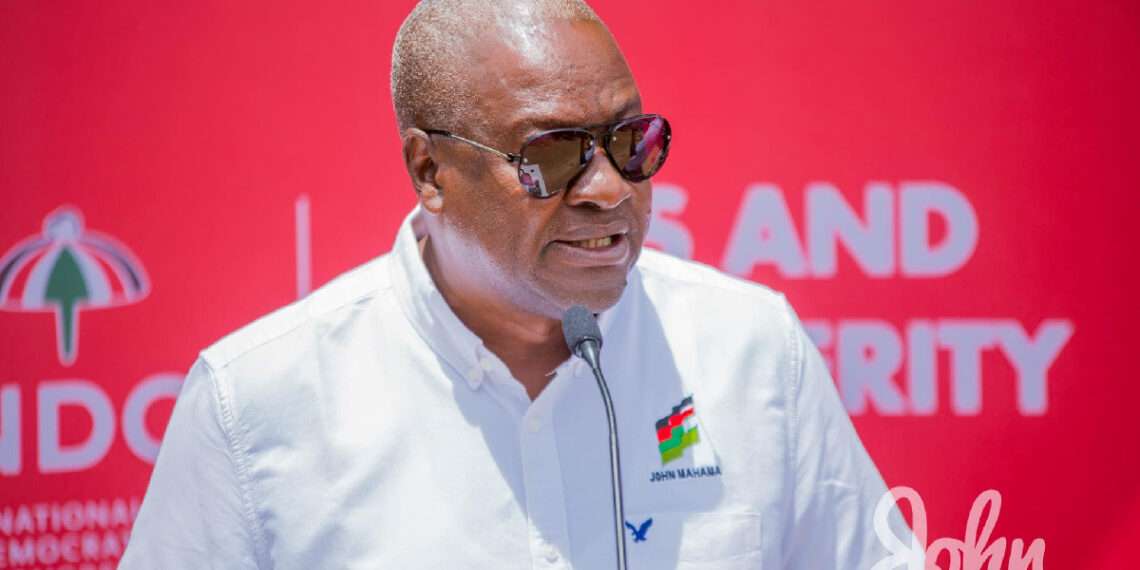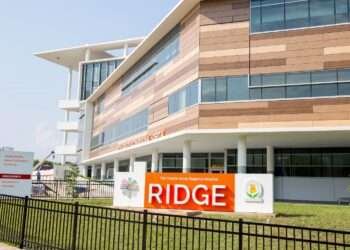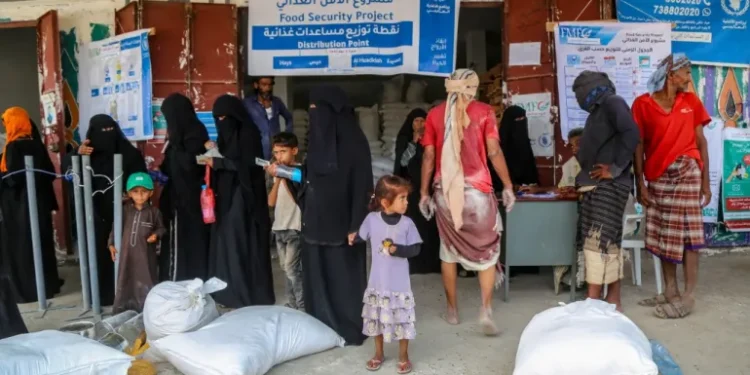Richard Ahiagbah, the Director of Communications for the New Patriotic Party (NPP), has criticized President John Mahama’s claim of running a lean government, calling it misleading and deceptive.
He argued that while the administration portrays itself as cost-cutting, its budget allocation suggests otherwise.
Ahiagbah contended that rather than streamlining governance, the Mahama administration has significantly increased government expenditure, particularly in employee compensation within the Office of Government Machinery (OGM).
“The reality is alarming: a staggering GH₵2.7 billion has been budgeted for the Office of Government Machinery (OGM) to compensate employees. This marks a 726% increase from the 2024 allocation of GHS 327 million for compensation under the Akufo-Addo administration.”
Richard Ahiagbah
The NPP Communicator also raised concerns about the drastic rise in compensation allocation, questioning the justification behind such an exponential increase. “Why is this happening? It is fundamentally unjust and an insult to Ghanaians.”
Ahiagbah contended that the proposed 726% increase in compensation for OGM is highly unrealistic unless workforce has expanded by an improbable 8.3 times within a single year.
He warned that such a drastic increase reflects inefficiency and wasteful spending at a time when Ghanaians are being urged to endure economic hardships.

He further argued that the proposed GHS 2.7 billion allocation for OGM’s compensation is excessive and unjustifiable, raising concerns about fiscal discipline.
He calls on the Finance Committee of Parliament, alongside the Minority Leader, Alexander Afenyo Markin, and Hon. Amin Adams, to intervene and prevent what he describes as an unjustified exploitation of public funds.
According to him, it is imperative for Parliament to scrutinize such budget allocations to ensure financial accountability and protect national resources.
Public Trust Betrayed
Furthermore, Richard Ahiagbah criticized the President for contradicting his own stance on maintaining a lean government, arguing that his actions undermine the credibility of his administration.
He pointed out that while the President publicly advocates for efficiency and fiscal prudence, his government’s decisions suggest otherwise, creating a disconnect between rhetoric and reality.

He further questioned the justification provided by the government, which attributes the significant budgetary increase to the absorption of staff from the Ministry of Information into OGM.
“How many employees are we talking about? The narrative about absorbing staff from the Ministry of Information does not justify such a drastic 726% increase in compensation.”
Richard Ahiagbah
Ahiagbah expressed skepticism over this explanation, suggesting that it fails to account for the drastic rise in expenditure.
Accordingly, he warned that such inconsistencies could erode public trust in the government’s commitment to responsible governance and prudent financial management.
Women’s Development Bank in Jeopardy
Moreover, Ahiagbah raised concerns about the promised Women’s Development Bank, a key initiative pledged by President Mahama.
He questioned the feasibility of its establishment, given the budgetary allocations, and suggested that there is little indication it will become a reality in the near future.
He argued that the financial provisions made in the budget fall far short of what is required to set up a functioning bank, casting doubt on the government’s commitment to fulfilling this promise.

He warned that the lack of substantial investment in the initiative risks eroding confidence among Ghanaian women who had placed hope in its potential to support their economic empowerment.
“Do something for our women, including ordering this bloated OGM employee compensation budget to be cut to deliver the Women’s Development Bank.”
Richard Ahiagbah
Ahiagbah stressed that the government must align its budgetary decisions with its stated objectives and economic projections. “Respectfully, this GHS 2.7 billion estimate must be reexamined to align with your stated objectives and the government’s portrayal of Ghana’s economy.”
As Parliament continues its detailed examination of the national budget, Ahiagbah’s critique adds to the intensifying debate on government expenditure and fiscal responsibility.
His concerns highlight broader issues of financial prudence, resource allocation, and the overall sustainability of government policies.
Amid the ongoing discussions, he urged policymakers to reconsider key budgetary decisions, emphasizing the need for a balanced and transparent approach that prioritizes efficiency and long-term economic stability.
READ ALSO: Afua Asantewaa Dispels Rumors on Owning an SUV Car























